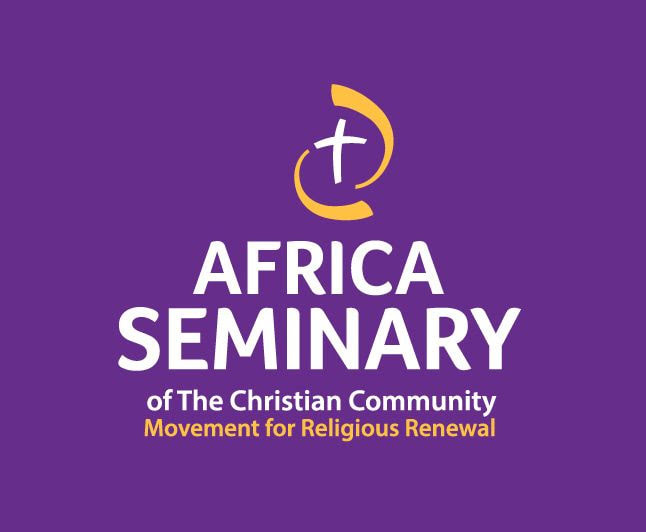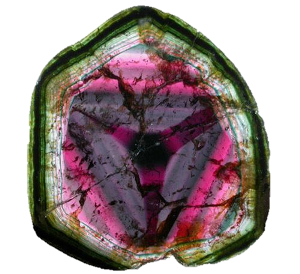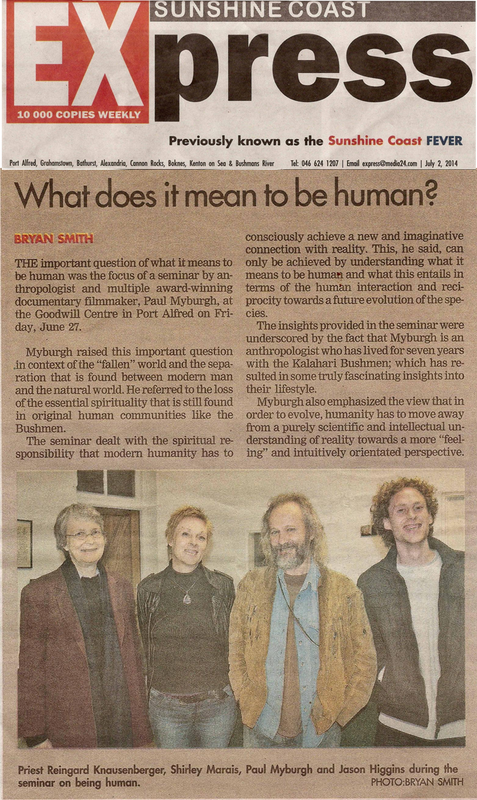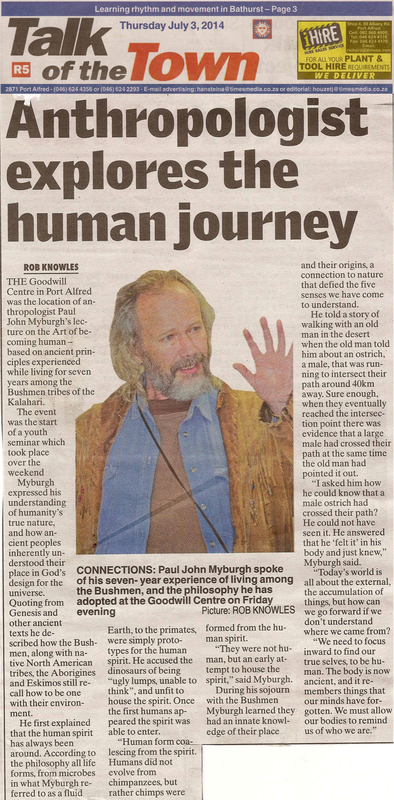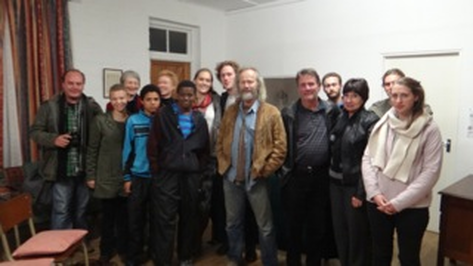The Art of Becoming Human June 2014
by Jason Higgins, Grahamstown
The latest addition of the African Seminary took place in the coastal town of Port Alfred in the Eastern Cape from the 27th to the 29th of June. The topic for the Seminar was “The Art of Becoming/Being Human”. Of the nine participants, five came from Rhodes University in Grahamstown, one from Johannesburg, one from Pretoria and two from Port Alfred.
The Seminar began with a public lecture given by Paul Myburgh, which was attended by some locals from Port Alfred, bringing the audience up to eighteen. The lecture covered everything from the history of modern man to the history and origin of the universe, broadly looking at what it is that essentially makes a being humane.
The next day the participants were given the opportunity to discuss, with Paul, some of the ideas which had been touched on in the talk. Paul then departed from the Seminar and we were joined by Michael Merle who picked up the strands from were Paul had left off.
Through methods of Goethean observation, exercises around conversation and much fun throwing bean bags the participants worked through many ideas around what it means to be human and how important it is that we become aware of the fact that it is a task to achieve and not a given. For those participants of the Seminar without any grounding in Anthroposophy the finale session on Sunday was spent looking at the Anthroposophical picture of the human being.
Throughout the Seminar the participants were accompanied by Reingard Knausenberger, who spent most of her time between sessions answering as many questions from the participants as time allowed for and generally keeping things moving and also organised.
The African Seminary is now in its fourth year and plans are being made for the African Seminar to take a new step, which might happen in Johannesburg in 2015.
The latest addition of the African Seminary took place in the coastal town of Port Alfred in the Eastern Cape from the 27th to the 29th of June. The topic for the Seminar was “The Art of Becoming/Being Human”. Of the nine participants, five came from Rhodes University in Grahamstown, one from Johannesburg, one from Pretoria and two from Port Alfred.
The Seminar began with a public lecture given by Paul Myburgh, which was attended by some locals from Port Alfred, bringing the audience up to eighteen. The lecture covered everything from the history of modern man to the history and origin of the universe, broadly looking at what it is that essentially makes a being humane.
The next day the participants were given the opportunity to discuss, with Paul, some of the ideas which had been touched on in the talk. Paul then departed from the Seminar and we were joined by Michael Merle who picked up the strands from were Paul had left off.
Through methods of Goethean observation, exercises around conversation and much fun throwing bean bags the participants worked through many ideas around what it means to be human and how important it is that we become aware of the fact that it is a task to achieve and not a given. For those participants of the Seminar without any grounding in Anthroposophy the finale session on Sunday was spent looking at the Anthroposophical picture of the human being.
Throughout the Seminar the participants were accompanied by Reingard Knausenberger, who spent most of her time between sessions answering as many questions from the participants as time allowed for and generally keeping things moving and also organised.
The African Seminary is now in its fourth year and plans are being made for the African Seminar to take a new step, which might happen in Johannesburg in 2015.
|
|
|
|
by Gwyn, Duncan and Paddy, students at Rhodes University
Before attending the weekend we were not quite sure what Anthroposophy was. It was quite an enlightening experience to explore some new perspectives on what it means to be human in today's modern social context. Through Paul's talks we explored some interesting strategies for improving everyday human communication. It was interesting to engage with life experiences and ideas of humanity from a perspective of story-telling, drawing on the ideas of the archetypal human experience as Paul presented it from his experience with the Bushmen and from anthroposophical concepts.
Michael's hands-on engagement was most refreshing, with valuable skills and activities- such as the versatile bean-bag throw and catch- and then looking into multiple modes of communication as well as noticing the importance of silence, listening and observing. Reflecting on the world around us and seeing that which appears normal from a fresh perspective was most inspiring and realising there is truly an Art to becoming human.
Before attending the weekend we were not quite sure what Anthroposophy was. It was quite an enlightening experience to explore some new perspectives on what it means to be human in today's modern social context. Through Paul's talks we explored some interesting strategies for improving everyday human communication. It was interesting to engage with life experiences and ideas of humanity from a perspective of story-telling, drawing on the ideas of the archetypal human experience as Paul presented it from his experience with the Bushmen and from anthroposophical concepts.
Michael's hands-on engagement was most refreshing, with valuable skills and activities- such as the versatile bean-bag throw and catch- and then looking into multiple modes of communication as well as noticing the importance of silence, listening and observing. Reflecting on the world around us and seeing that which appears normal from a fresh perspective was most inspiring and realising there is truly an Art to becoming human.
by Gemma Garman
Before Michael Merle conducted the public talk for the weekend long seminar an initial discussion took place between those of us attending the seminar. It was at this point that I started to feel out of my depth a bit as the other members of our group quite obviously had a better understanding of who Rudolf Steiner was and what his thoughts and theories were, as well as a better understanding of Anthroposophy. This was the fourth in a series of seminars which dealt with a similar subject matter, all of which had been attended to some degree by the other members of the group. Questions were being asked like, “How does one lead an effective life?” “What is it in us that leads us down certain paths?” “Are we born with something in us that determines the life we choose?” Coming from an atheist background and never really being entirely convinced by any religion or spiritual school of thought that I had come across, I had given little consideration to questions like this. As soon as the public talk started I was immediately put at ease, however, and found myself feeling far more comfortable with the subject matter at hand. Michael began the talk by giving a description of who Rudolf Steiner was, where Steiner came from and how he began to lecture on the way in which he perceived the world and the way in which we as human beings could go about living in the world.
This lead into a description of what Anthroposophy was. It wasn’t defined for us, as throughout the weekend we were to come to our own understanding of what it was, but we were given a broad description of what Anthroposophy looks at. Certain aspects really stood out for me here: an encouragement to see the world, from my perspective, differently, an encouragement to discover the ideas and theories put forth before us for ourselves and to question and investigate these notions, the practical application engrained in every single idea put forth by Rudolf Steiner and in Anthroposophy, as well as the emphasis on “humanising” our existence and finding a human expression and consciousness. Michael reminded us throughout the talk that we determine how we live our lives and that Steiner at no point claimed to have the ultimate answers or facts, but rather encouraged each individual to question him and to interrogate his ideas. This in itself was so appealing to me, as throughout my upbringing I have been confronted by many people telling me what I should believe and what the ultimate truth is. A person who encourages us to discover meaning for ourselves has a far better understanding of how human beings negotiate the world and how through this we can begin to express ourselves effectively.
The practical application of his ideas came to light when Michael began to give us a description of how Steiner had been approached by various practitioners (farmers, teachers, doctors and religious leaders) and how along with them he developed an understanding of how these fields could best serve the people they came into contact with. This for me was vital in understanding what Steiner was trying to get across as many people within the group had gone to Waldorf schools and could give a personal account of their experiences with his teachings. A discussion took place in which the members of the group began to talk about the practical application of his ideas, specifically the practical application of his ideas in the schooling system. As someone who was new to all of this seeing how other members of the group, as well as Michael, perceived Steiner’s ideas and how they had begun to practically apply these to their own lives, gave me a far better understanding once more of these ideas and the effect that they’ve had.
This public talk set the base from which we were to work from for the rest of the weekend. It covered Rudolf Steiner’s life and how he came to perceive the world in the way that he did and the effect that we can see his ideas have had. There were many notions that came to light that we were then encouraged to question for the rest of the seminar. This talk helped in my understanding of the basic ideas that Steiner and Anthroposophy covered. It also encouraged me to take part in the conversation surrounding these ideas, as talking these through as a group we were all to come to our own understanding of the way in which we perceived these ideas and develop our own opinions.
Before Michael Merle conducted the public talk for the weekend long seminar an initial discussion took place between those of us attending the seminar. It was at this point that I started to feel out of my depth a bit as the other members of our group quite obviously had a better understanding of who Rudolf Steiner was and what his thoughts and theories were, as well as a better understanding of Anthroposophy. This was the fourth in a series of seminars which dealt with a similar subject matter, all of which had been attended to some degree by the other members of the group. Questions were being asked like, “How does one lead an effective life?” “What is it in us that leads us down certain paths?” “Are we born with something in us that determines the life we choose?” Coming from an atheist background and never really being entirely convinced by any religion or spiritual school of thought that I had come across, I had given little consideration to questions like this. As soon as the public talk started I was immediately put at ease, however, and found myself feeling far more comfortable with the subject matter at hand. Michael began the talk by giving a description of who Rudolf Steiner was, where Steiner came from and how he began to lecture on the way in which he perceived the world and the way in which we as human beings could go about living in the world.
This lead into a description of what Anthroposophy was. It wasn’t defined for us, as throughout the weekend we were to come to our own understanding of what it was, but we were given a broad description of what Anthroposophy looks at. Certain aspects really stood out for me here: an encouragement to see the world, from my perspective, differently, an encouragement to discover the ideas and theories put forth before us for ourselves and to question and investigate these notions, the practical application engrained in every single idea put forth by Rudolf Steiner and in Anthroposophy, as well as the emphasis on “humanising” our existence and finding a human expression and consciousness. Michael reminded us throughout the talk that we determine how we live our lives and that Steiner at no point claimed to have the ultimate answers or facts, but rather encouraged each individual to question him and to interrogate his ideas. This in itself was so appealing to me, as throughout my upbringing I have been confronted by many people telling me what I should believe and what the ultimate truth is. A person who encourages us to discover meaning for ourselves has a far better understanding of how human beings negotiate the world and how through this we can begin to express ourselves effectively.
The practical application of his ideas came to light when Michael began to give us a description of how Steiner had been approached by various practitioners (farmers, teachers, doctors and religious leaders) and how along with them he developed an understanding of how these fields could best serve the people they came into contact with. This for me was vital in understanding what Steiner was trying to get across as many people within the group had gone to Waldorf schools and could give a personal account of their experiences with his teachings. A discussion took place in which the members of the group began to talk about the practical application of his ideas, specifically the practical application of his ideas in the schooling system. As someone who was new to all of this seeing how other members of the group, as well as Michael, perceived Steiner’s ideas and how they had begun to practically apply these to their own lives, gave me a far better understanding once more of these ideas and the effect that they’ve had.
This public talk set the base from which we were to work from for the rest of the weekend. It covered Rudolf Steiner’s life and how he came to perceive the world in the way that he did and the effect that we can see his ideas have had. There were many notions that came to light that we were then encouraged to question for the rest of the seminar. This talk helped in my understanding of the basic ideas that Steiner and Anthroposophy covered. It also encouraged me to take part in the conversation surrounding these ideas, as talking these through as a group we were all to come to our own understanding of the way in which we perceived these ideas and develop our own opinions.
Copyright © 2012 to 2024. | All rights reserved.
